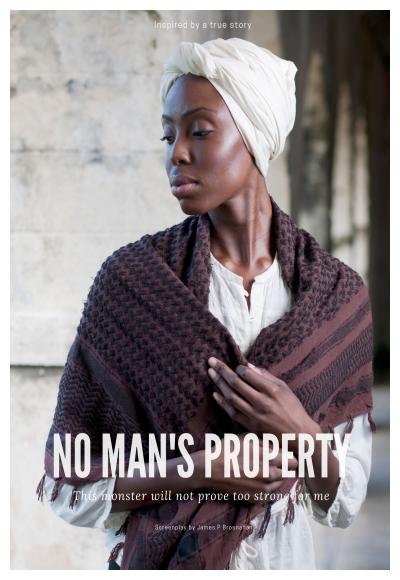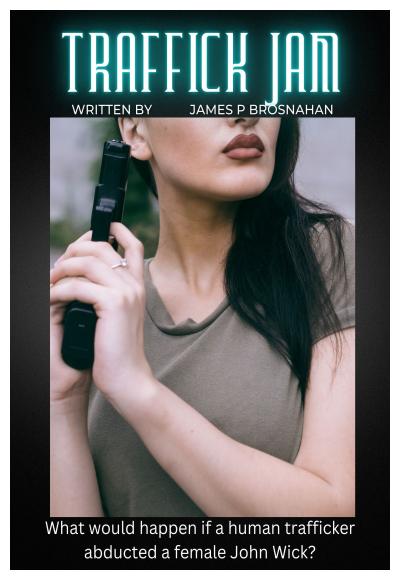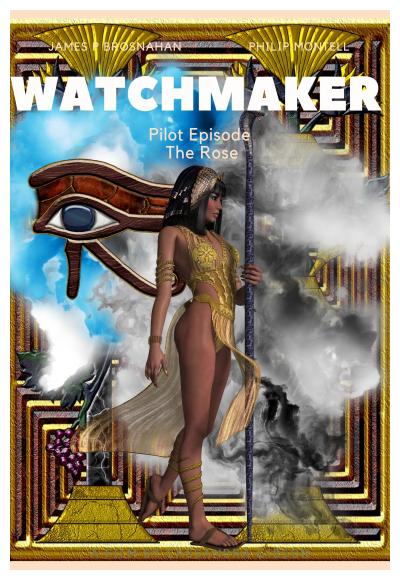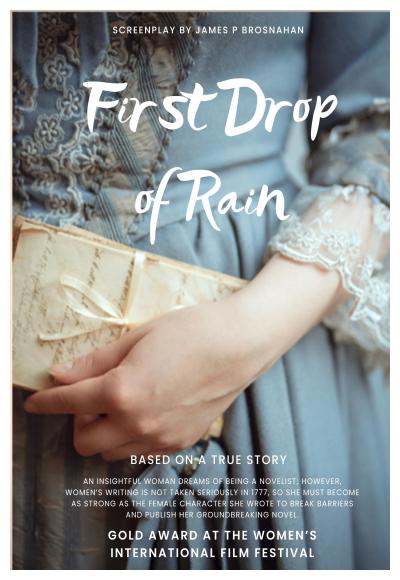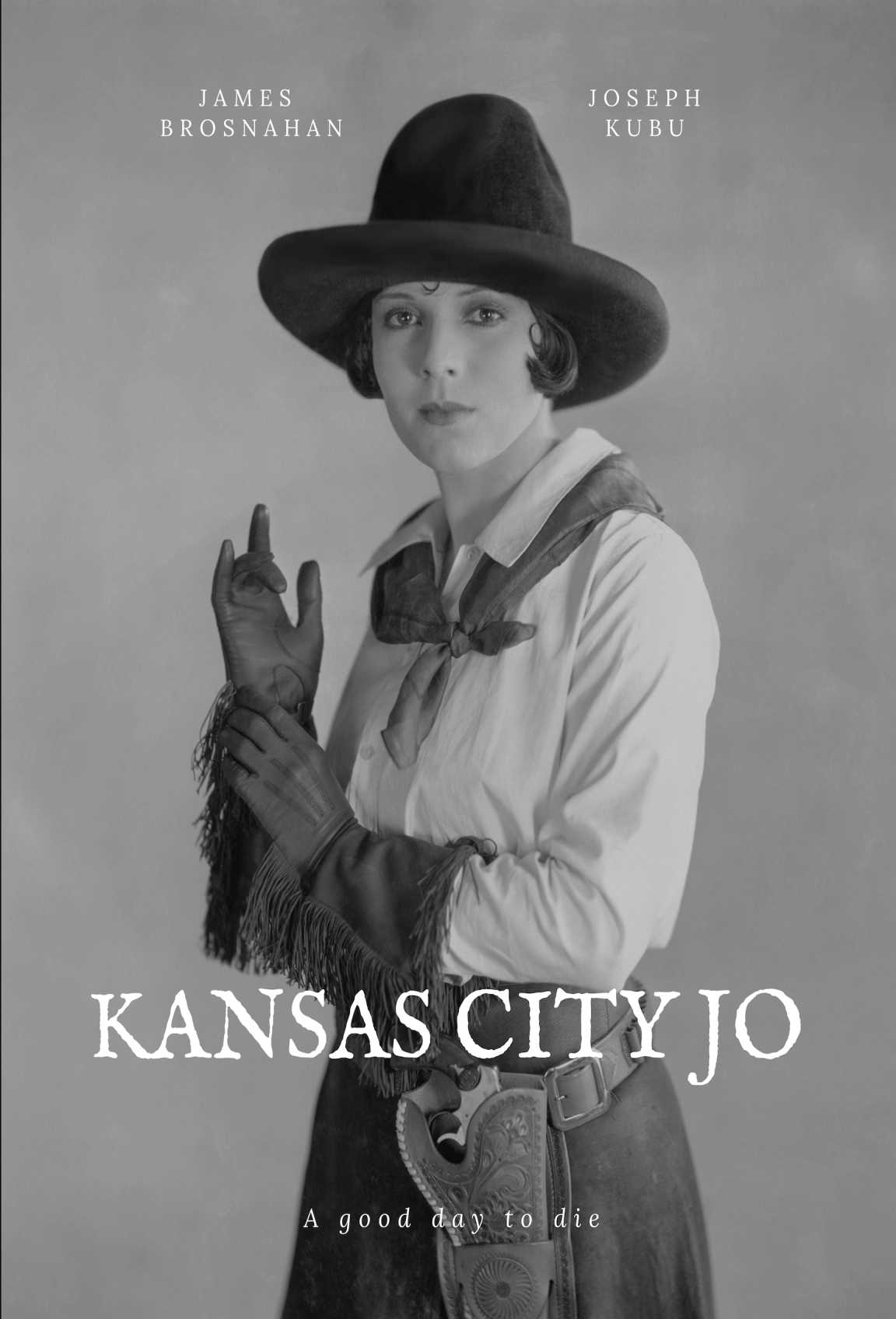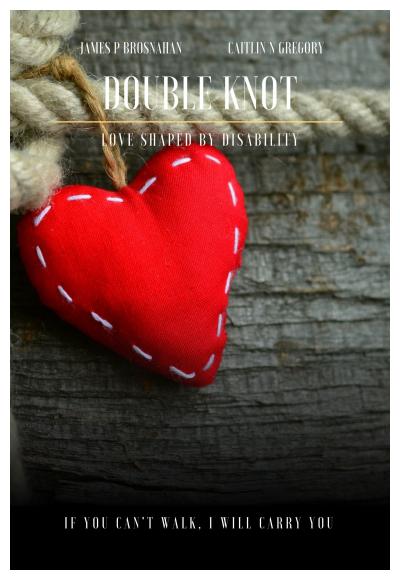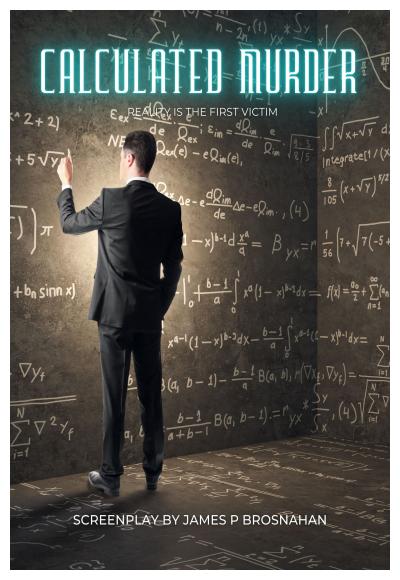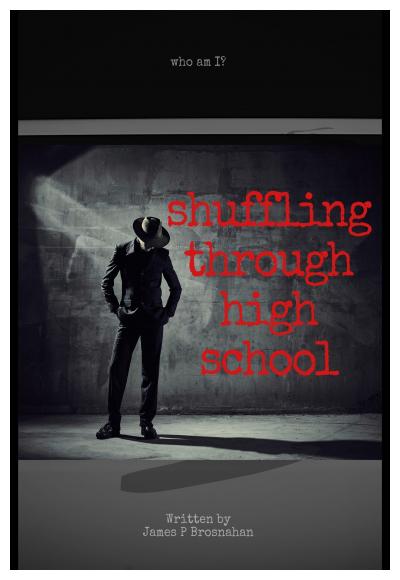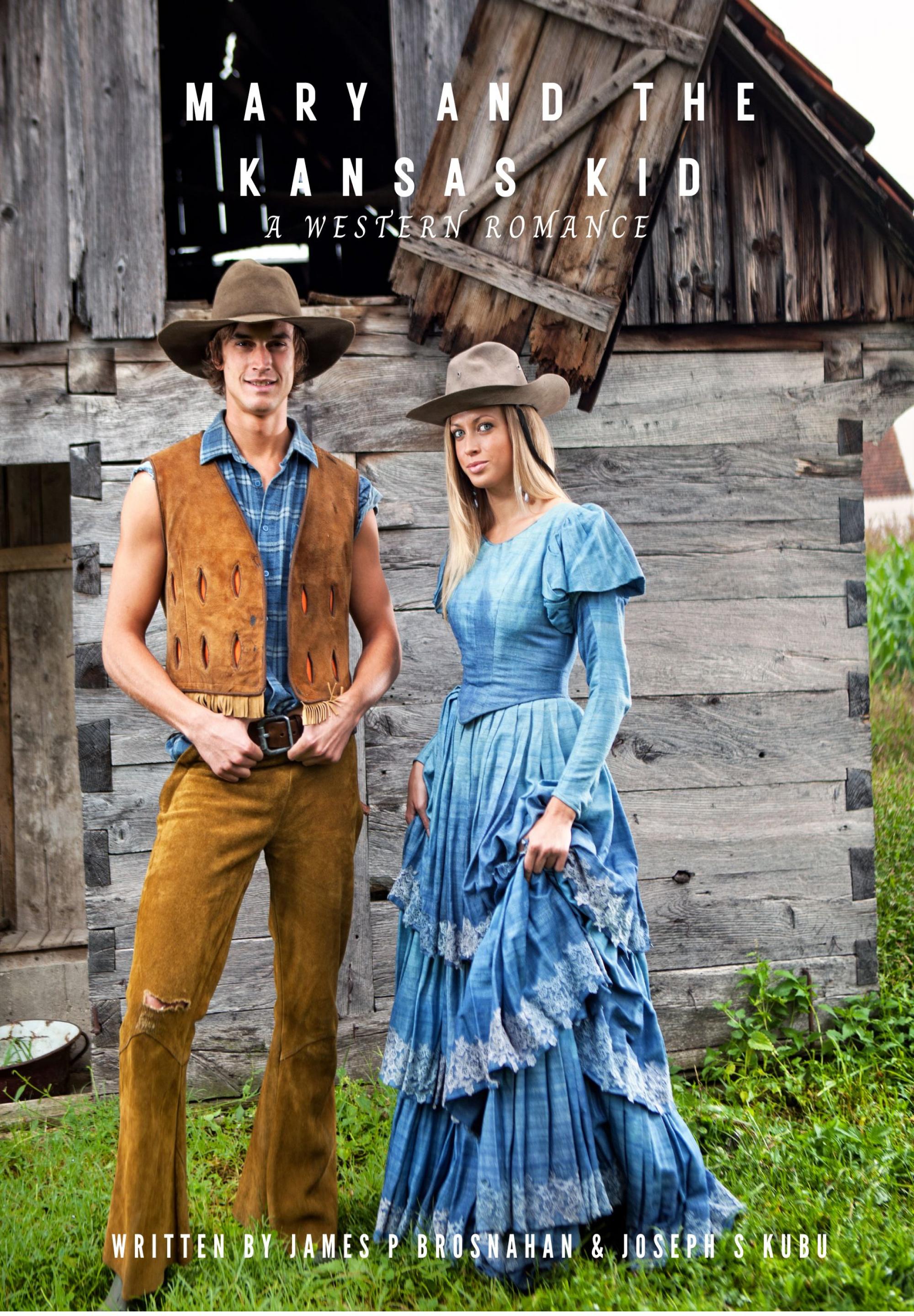
Synopsis/Details
Tone
"Mary and the Kansas Kid" balances the gritty realism of the American frontier with the emotional depth of a coming-of-age love story. The screenplay embodies classic Western themes of justice, revenge, and honor, while delving into more profound questions of healing, forgiveness, and finding purpose in the aftermath of tragedy. The tone transitions from the harsh brutality of frontier violence in the opening acts to a more hopeful atmosphere as our protagonists heal through their connection with one another. Rather than romanticizing the Old West or wallowing in cynicism, we present characters who discover their true strength through adversity and authentic human connection. At its heart, this story suggests that proper redemption comes not from seeking vengeance but from creating something meaningful from the ashes of tragedy—building a home, honoring traditions, and forging connections that become the foundation of a new family.
Plot Summary
In the 1870s, Kansas, British aristocrat Mary Carlisle travels by train with her parents when her father's reckless buffalo hunting draws the wrath of Wolf Shadow's Sioux warriors. During the massacre, Mary is spared by the chief, who recognizes her attempt to stop the slaughter.
Meanwhile, young Johnny Dice discovers his family homestead in flames, his parents murdered by a mysterious Preacher and his half-Mexican companion, Snake. Haunted by his father's reputation as a Civil War "deserter," Johnny vows revenge.
U.S. Marshal Luke Owen brings Johnny to Fort Hays, where he meets the recently orphaned Mary. Colonel Cook assigns them both to Peabody Farm—an orphanage for children —under the supervision of Sergeant Major James Henning ("Sarge") and scout Josh McKenna.
As Mary and Johnny help transform the dilapidated farm into a home for orphans, their initial friction evolves into mutual respect and attraction. Johnny struggles with his shooting skills and his father's tarnished legacy, while Mary demonstrates surprising marksmanship and adapts to frontier life with determination.
Their relationship is tested when Johnny discovers Mary's aristocratic background in a London newspaper. Feeling inadequate, he leaves to become a scout for the Overland Express. Two years later, he returns to find Mary has built a successful life at Peabody Farm.
After the murder of Sissy, a beloved resident with Down syndrome, Johnny, Mary, and their allies track down the killers—the same renegades who murdered Johnny's parents. During the confrontation, Sarge reveals the truth: Johnny's father wasn't a deserter but a hero who protected crucial battle plans during the Civil War.
In the dramatic climax, Johnny and Mary face down Preacher together. Afterwards, Johnny proposes to Mary, who reveals she has purchased Peabody Farm as her wedding gift. The couple builds their life together, honoring both their pasts while creating a new future founded on authenticity and love.
Character Dynamics
Mary and Johnny's Relationship: Their dynamic evolves from mutual wariness to profound connection. Mary initially appears as a privileged foreigner while Johnny presents as a brooding frontier youth. Their relationship develops through parallel journeys of healing rather than just romantic attraction, giving their connection substantive depth.
Sarge as Mentor/Father Figure: Sergeant Henning carries a secret connection to Johnny's past that becomes pivotal to Johnny's self-understanding. His guidance provides stability for both protagonists while his redemptive journey mirrors theirs.
The Renegades as Antagonists: Preacher and Snake represent the lawless danger of the frontier. Their reappearance forces both protagonists to confront their demons and make choices about the future they want to build.
Wolf Shadow and the Sioux: Rather than one-dimensional antagonists, the Native Americans are portrayed with complexity. Wolf Shadow's mercy toward Mary establishes a moral compass that contrasts with the true villains, and their later alliance with Johnny demonstrates the possibility of mutual respect across cultural divides.
Sissy as Emotional Center: The young woman with Down syndrome represents innocence and unconditional acceptance. Her murder catalyzes the final act while reinforcing the story's themes about protecting the vulnerable and finding family in unexpected places.
Audience
This story would appeal to fans of classic and contemporary Westerns, such as "Unforgiven," "True Grit," and "Yellowstone," while its strong female protagonist and romance elements broaden its appeal beyond traditional Western audiences. What makes "Mary and the Kansas Kid" distinctive is its balanced portrayal of a British aristocrat and American frontiersman as equally capable protagonists who learn from each other. The revelation about Johnny's father creates meaningful historical context, connecting the personal story to post-Civil War America. The orphanage setting presents emotional stakes that extend beyond the protagonists' vendettas, suggesting that healing occurs through the creation of a family rather than seeking revenge.
All Accolades & Coverage
Awards:
Westfield Screenplay Awards - Best Western
Austin Film Festival - Second Rounder
Chicago Screenwriters Festival - Semi-Finalist
Story & Logistics
Story Type:
Revenge
Story Situation:
Crime pursued by vengeance
Story Conclusion:
Happy
Linear Structure:
Linear
Moral Affections:
Duty, Right, Virtue
Cast Size:
Many
Locations:
Several
Characters
Lead Role Ages:
Female Teenager, Male Teenager
Hero Type:
Ordinary
Villian Type:
Criminal
Stock Character Types:
Bad boy, Outlaw, Tomboy, Villain
Advanced
Adaption:
Based on Existing Fiction
Subgenre:
Civil War, Epic, Frontier, Indian War/History, Outlaw, Rape, Romance
Action Elements:
Hand to Hand Combat, Weaponry
Equality & Diversity:
Diverse Cast
Time Period:
Modern history
Country:
United States of America (USA)
Relationship Topics:
Family, Love, Romance
Austin Film Festival - Second-Rounder, Coverfly All-time Overall Top 35%

